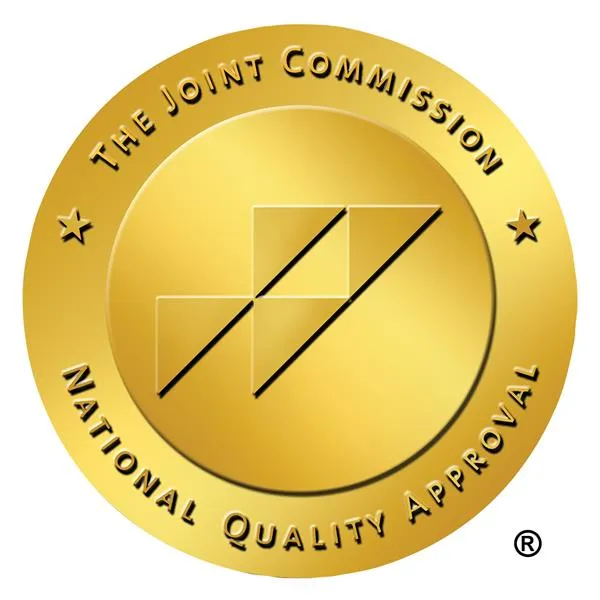As a travel nurse, you typically move from one facility to the next, helping address staffing challenges and provide exemplary patient care. And not all facilities are built the same. Some will have more challenging work cultures than others, and as a travel nurse, you need to arm yourself with the right tools to rise above the negativity and prioritize patient care.
We tackle the importance of respect in the workplace, the negative impact of being disrespected at work, and what travel nurses can do to gain support and respect in the workplace.
How important is respect in the workplace?
In a respectful workplace, employees feel safe to be themselves; they feel heard and seen and are celebrated and valued. A positive and respectful work culture is made up of employees, supervisors, managers, and higher-ups who treat one another with dignity, kindness, and appreciation.
Respect in the workplace not only contributes to psychological safety, but also promotes improved camaraderie, productivity, and loyalty. According to a 2022 survey that involved 20,000 employees, respect is the most important leadership behavior. In fact, employees who were treated with respect by their superiors were 63% more satisfied at work, 55% more engaged, 58% more focused, and 110% more likely to continue working for their company.
What happens when employees feel disrespected at work?
Being disrespected at work can negatively impact employees’ self-esteem and mental health. When employees are in a toxic workplace, it could affect their work-life balance and sleep quality, which could contribute to the development of chronic illnesses such as obesity, diabetes, and cardiovascular illnesses.
Not only can a toxic workplace impact employees’ mental, emotional, and physical health, but it can also affect attrition rates and cost organizations a lot of money. In one survey, over 90% of respondents considered quitting their jobs because of a toxic workplace culture.
How to earn respect in the workplace as a travel nurse
· Be competent and professional: To earn the respect of other nurses, you must exhibit competency and professionalism. Show up to work on time and do your best to get up to speed on where supplies are located and how things work. Take the time and initiative to learn about the facility’s processes and procedures. Treat each assignment as an opportunity to expand your knowledge and experience.
· Be compassionate and kind: In a high-stress, high-stakes environment such as a hospital or a healthcare facility, things can get tension-filled and chaotic quite quickly. However, you should show compassion and kindness to your patients, especially since they’re feeling distress, pain, and fear. It’s also important to show compassion to your colleagues as it helps build trust, allowing you and your entire healthcare team to deliver exceptional patient-centered care. Kindness also contributes to a positive work environment, which you could exhibit through acts big and small, such as opening doors for others and recognizing others for doing great work.
· Be a respectful communicator: Avoid using profanity, actively listen, and don’t interrupt others when they’re speaking. Disagreements and errors are bound to happen in the workplace, and when they do, choose to be intentionally respectful with your words. Focus on the problem at hand, don’t take things personally, keep an open mind, find common ground, and stay professional and polite.
· Be collaborative and helpful: Being a team player will boost productivity, efficiency, and employee morale. When you help others, you’ll be exposed to new tasks, gain new skills, and get a chance to build rapport with your fellow nurses. Being collaborative also improves your problem-solving and decision-making skills.

